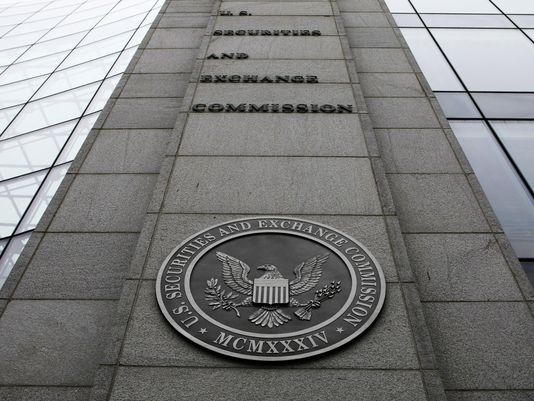Lions Gate charged by SEC of misleading investors
Lions Gate, the Hollywood studio behind the hit Hunger Games movies, Thursday admitted to charges that it used a series of complex and improperly disclosed financial moves to stymie a takeover battle by Carl Icahn.
The studio used a "set of extraordinary corporate transactions" in 2010 to mint millions of new shares and get them in the hands of a director who supported management. The moves were taken just hours before a tender offer by Icahn could have given the activist investor a leg up in a year-long battle for the company, the SEC says.
Lions Gate didn't tell investors, though, that the shares and financial transactions were being done to ward off Icahn and "solidify incumbent management's control," the SEC says. The company, instead, said the moves were part of a previously announced plan to reduce debt. Lions Gate agreed to pay $7.5 million to settle the charges and it admitted wrongdoing. A Lions Gate spokesman declined to comment.
"Lions Gate withheld material information just as its shareholders were faced with a critical decision about the future of the company," says Andrew Ceresney, director of the SEC's Division of Enforcement. "Full and fair disclosure is crucial in tender offers given that shareholders rely heavily on corporate insiders to make informed decisions, especially in the midst of tender offer battles."
The battle for Lions Gate was an epic battle. The SEC complaint doesn't mention Icahn by name. But the complaint talk about the tender offer battle, saying the "large shareholder" had accumulated more than 37% of Lions Gate's stock. Icahn was actively trying to get shareholders to tender more shares so he could solidify his challenge.
The challenge, though, was ended when at a midnight board meeting on July 20, 2010, the board approved three-part transactions that would allow the management friendly director to exchange $100 million in notes, eventually, into stock. The deal, finished in hours, allowed the director friendly to management take 9% control of the company, which was "effectively blocking the takeover bid," the SEC says.










